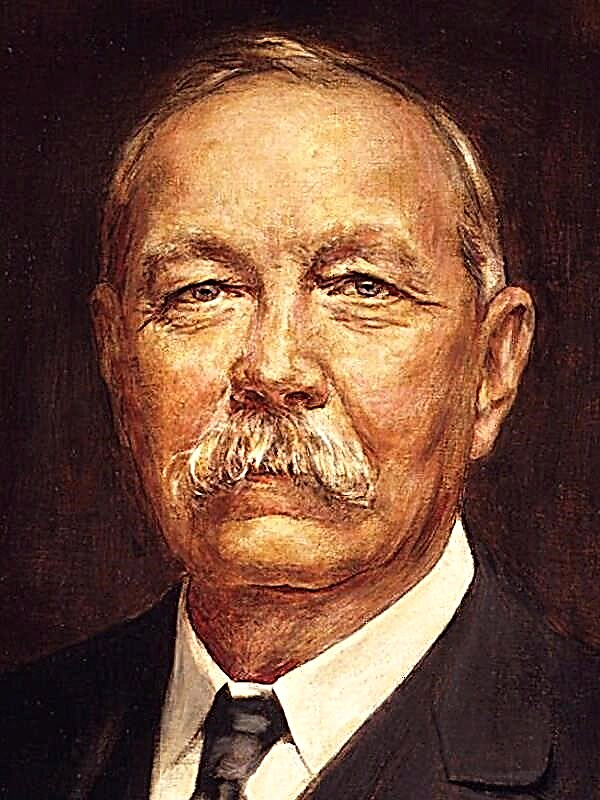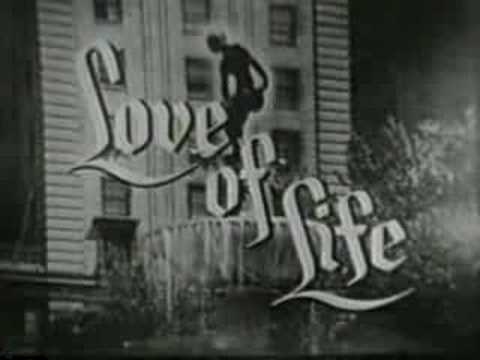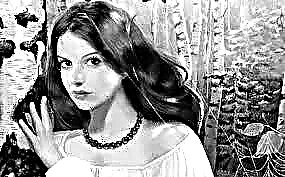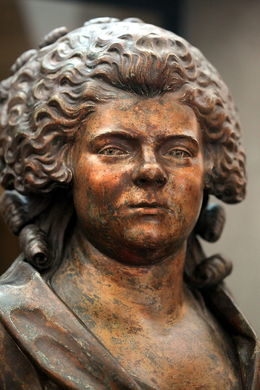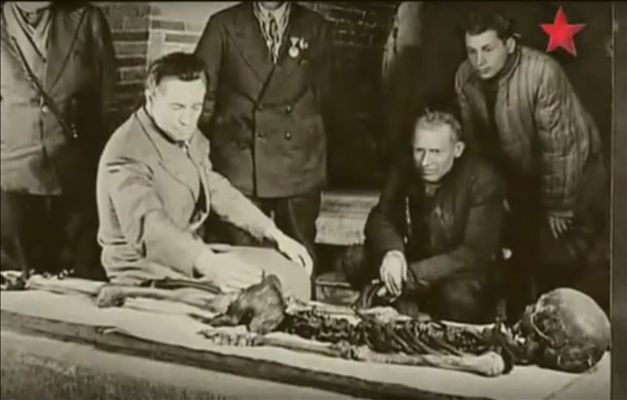Pied Piper is Tsvetaeva’s first poem written in exile in Prague. This is a prophecy about the fate of the Russian revolution, the romantic period of which ended and began a mortal, bureaucratic, dictatorial. This is the verdict of any utopia about the possibility of popular triumph, popular power. This is a mockery of talk about the revolutionary nature of the masses, the revolt of which is always based on the most base motives - social envy and a thirst for enrichment.
Tsvetaeva’s poem is extremely multifaceted. “Pied Piper” therefore became one of the eternal, stray plots of world literature, because the interpretation of each character can be reversed. The Pied Piper is both a savior and a murderer, cruelly avenging the city for deceit. Citizens are both victims, and vile deceivers, and again victims. Music not only destroys rats, but also gives them in death the last opportunity to gain dignity, elevates them, lures them with something beautiful and, in any case, inedible.
The legend of the Pied Piper first appeared in literary editing in Merime's Chronicle of the Times of Charles IX. Before that, it existed in several folklore versions. Its plot is simple: in the German city of Gammeln, the invasion of rats threatens to destroy all food supplies, and then the citizens themselves. A mysterious Pied Piper arrives in Gammeln, who promises to lead all the rats away for a huge reward. He is promised this money, and by playing the pipe he lures rats into the Weser River, where rats drown safely. But the city refuses to pay him the promised money, and the Pied Piper in revenge by the same game on the flute fascinates all up to one Hamelny children - takes them from the city to the mountain, which parted before him. In some versions of the legend, people coming out of the mountains are found a lot after in the vicinity of Gammeln, they spent ten years in the mountain and have secret knowledge, but these are already noncanonical options and have no direct relation to the legend.
Tsvetaeva retains this plot, but attaches special importance to the characters, so the conflict does not look at all the same as in the folklore principle. Pied Piper at Tsvetaeva's is a symbol of music in general, triumphant music and independent of anything. Music is ambivalent. She is beautiful, regardless of what the artist’s beliefs are and what his personality is. Therefore, taking revenge on the townspeople, the Pied Piper is not offended by the fact that he was underpaid, not taking the children out of greed, but because the music as such is offended in his face.
Music is equally convincing for rats, burghers, children - for everyone who does not want to understand it, but willy-nilly forced to submit to its heavenly harmony. The artist easily takes anyone with him, promising everyone what he wants. And rats want romance.
The victorious proletariat at Tsvetaeva is quite frankly, with a lot of accurate details, depicted in the form of a detachment of rats that captured the city and now does not know what to do. The rats are bored. "Gentlemen, secret: disgusting red." They are bored with their own revolutionism, they are obese and flabby. “My eye swims”, “My syllable swims”, “My butt sags ...” They remember themselves as brave, toothy and muscular, insatiable hungry wrestlers - and nostalgic that “in the country where the steps wide, we were called ... ". The word "Bolsheviks" appears on a line by itself, because "big man", a big road, a symbol of wanderings, is the key word in the chapter.
The flute attracts them: India, a new promise of struggle and conquest, a journey to where they shake off fat and remember youth (the prophetess Tsvetaeva could not know that the plan for the liberation of India was ripening in the heads of some cavalry leaders so that the fighting ardor of the Red Army did not disappear in vain after winning the civil war). For this romantic note, for the promise of wanderings, struggle and second youth, the rats go into the river.
But he attracts the children of the Pied Piper with a completely different one, for he knows whose children it is. These are the children of a sleepy, well-intentioned, philistine, gossiping, greedy, murderous Hameln, in whom they hate everything unlike, everything alive, everything new. So Tsvetaeva sees the world of modern Europe, but also - more broadly - any human community that is prosperous and has not known for a long time updates and shocks. This world is not able to withstand the invasion of rats and is doomed ... unless the music intervenes.
Children of this world can only go for purely material, simple, miserable promises. And the Pied Piper at Tsvetaeva promises them "for girls - pearls, for boys - catching them, with a walnut ... And - a secret - for everyone." But this secret is also simple, childish, stupid: a cheap tale with a leafy end, with prosperity in the finale. Dreams of well-mannered boys and girls: do not go to school, do not obey the alarm clock! Everyone - soldiers, everyone - sweets! Why do children go for a flute? "Because EVERYTHING is coming." And this childhood herd, also rat in its own way, demonstrates the entire inner falsity of the "childish" or "youth riot."
And the music - cruel, triumphant and omnipotent - goes further, destroying and saving.





